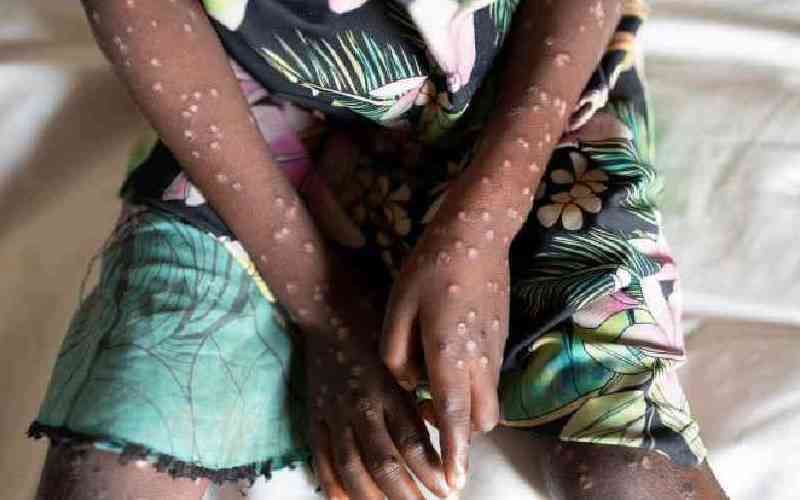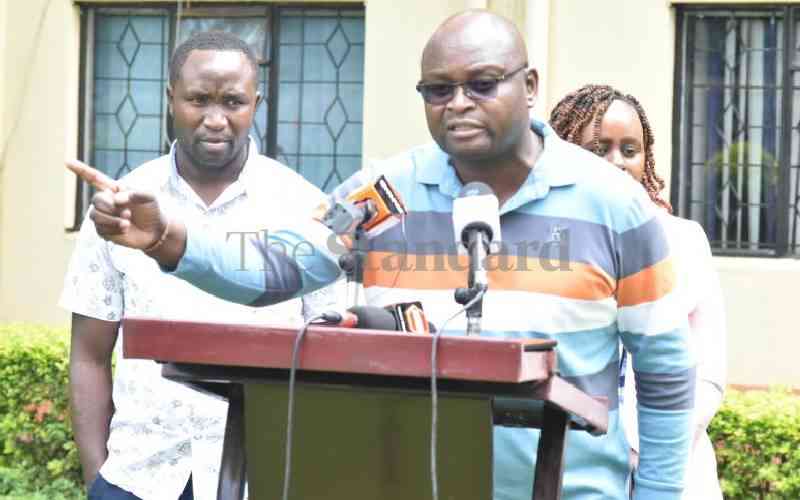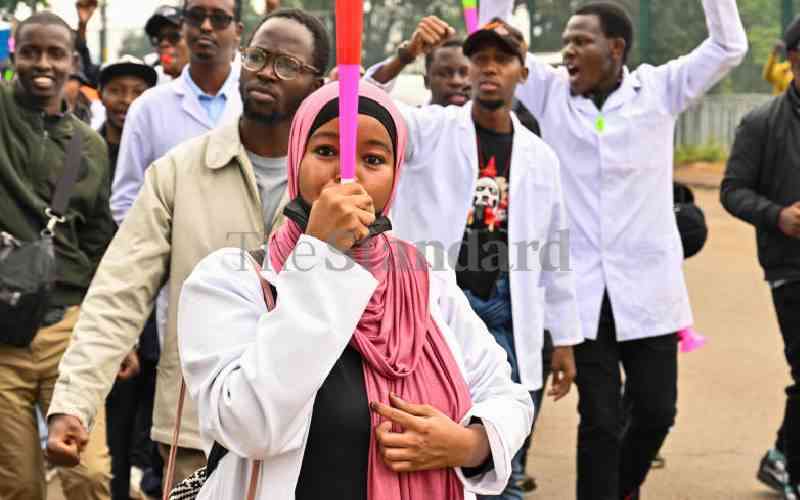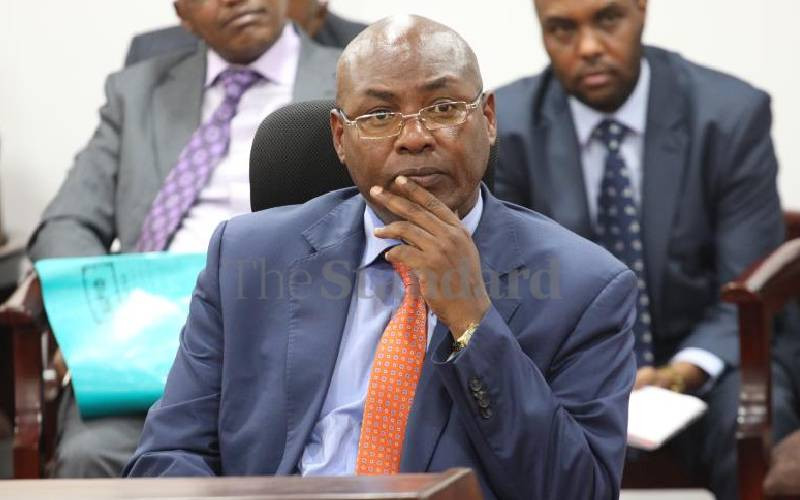
A malaria laboratory has been established at Mount Kenya University (MKU), Thika Campus, to spearhead efforts to eliminate the disease.
The total cost of the project is Sh450 million, with Sh300 million allocated for research in Kenya and Sh150 million for similar activities in Japan.
MKU Vice-chancellor, Prof Deogratius Jaganyi, said the inauguration of the centre was a testimony of the university's unwavering commitment to combating one of the world's most persistent and devastating tropical diseases.
The Centre for Malaria Elimination has been established through the collaboration of the governments of Kenya and Japan through the Japan International Cooperation Agency (JICA).
He said malaria remains a formidable global health challenge, disproportionately affecting the most vulnerable members of society, particularly children and pregnant women.
"It ravages communities, undermines economic development and perpetuates a cycle of poverty that we must break. The burden of this disease is not only a health concern but also a social injustice that demands our joint attention and action for eradication," he said.
The facility is part of the project for interdisciplinary research for an integrated community-directed strategy for sustainable freedom from malaria being implemented at MKU in collaboration with Osaka City University and other universities in Japan.
Japan Ambassador to Kenya, Okaniwa Ken, said the centre will play a crucial part in the research.
- Primary health care and mass vaccination key in the malaria fight
- WHO: Liberia, Benin, Sierra Leone roll out malaria vaccine
- Let's recommit to strategies for malaria-free, equitable world by 2030
- Mass mosquito net distribution kicks off in Tana River County
Keep Reading
He said the collaboration partners in the project aim to evaluate an integrated community-directed strategy for malaria elimination in western Kenya and have achieved significant milestones in the fight against the disease.
"Researchers and students from MKU and collaborating Japanese universities have also benefited from exchange training programmes, enhancing their skills and knowledge in malaria research," said the envoy.
The envoy regretted the fact that Malaria is a threat to residents in Nyanza and other regions in Kenya.
"I have been briefed about the challenges facing the people of that region from the malaria disease. It is disheartening to know that there continue to be so many people suffering from Malaria," explained Mr Okaniwa.
 The Standard Group Plc is a multi-media organization with investments in media platforms spanning newspaper print
operations, television, radio broadcasting, digital and online services. The Standard Group is recognized as a
leading multi-media house in Kenya with a key influence in matters of national and international interest.
The Standard Group Plc is a multi-media organization with investments in media platforms spanning newspaper print
operations, television, radio broadcasting, digital and online services. The Standard Group is recognized as a
leading multi-media house in Kenya with a key influence in matters of national and international interest.











